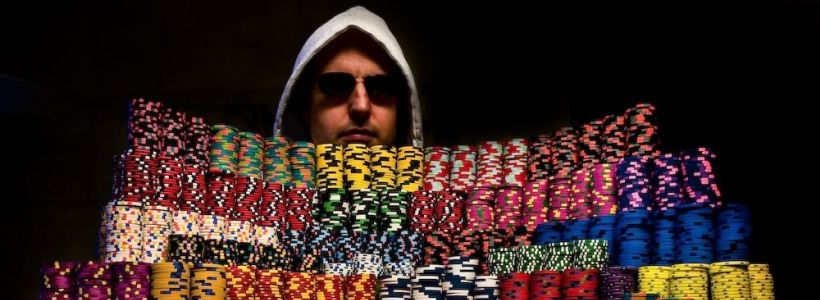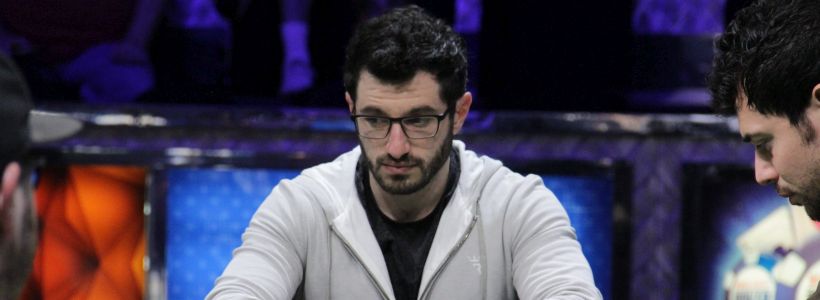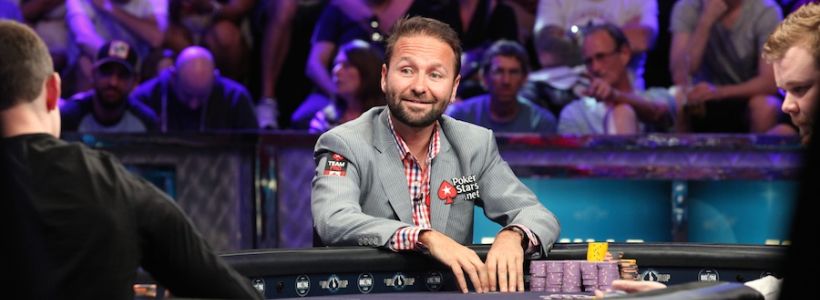
When we think about player development in the poker context we usually heavily emphasize the act of skill acquisition. We're concerned about coaching videos, strategy articles, sweat sessions, hand analysis etc. However, the world of poker and the world of professional sports are full of examples of people who were extremely skilled in their respective disciplines but failed to live up to their potential.
Ronaldinho Gaucho had everything he needed to become one of the absolute football legends but he faded into relative obscurity right at the age where he was supposed to hit his prime. We could say something very similar about the likes of Ilari "Ziigmund" Sahamies or Viktor Blom.
Conversely, absolute boxing legend Lennox Lewis and one of the most brilliant and consistent poker players out there Phil Galfond, don't get enough credit, because despite their brilliance they seem almost too well put together. We tend to fetishize skill and forget about the fact that proper attitude is absolutely essential to success in any competitive field.
Focusing on What You Can Control
Successful poker player realizes that poker is an extremely capricious game. He knows that every precious minute spent on dwelling on this subject or wallowing in misfortune caused by it could be better spent by working on his win rate.
There are many different things in the poker world that we can't actually control. Variance is, of course, the main offender, but the same goes for poker room policy changes, rake increases or the fact that our game of choice gets cannibalized by another poker format.

Planning for the Future
A series of studies conducted in the 60s and 70s by few different juggernauts of modern psychology like Philip Zimbardo and Walter Mischel concluded that one of the most important traits that we can use as a marker of future success is the ability to stay future-oriented and delay gratification.
In the famed Stanford marshmallow experiment, children were offered a treat (hence the name of the study) and promised to receive another one if they wait 15 minutes before eating it. The kids who were disciplined enough to wait scored significantly higher in numerous life measures including test scores, academic achievements, and even body mass index.

Taking Care of Yourself
Some of us still hold in our minds the romantic image of a degen grinder who's routinely playing 24+ hour-long poker sessions. While poker is a tough game and it takes a long time to become good at it, it's vital to be mindful of balance both at and outside of the poker table.
Truly successful players avoid the degen lifestyle because it's unsustainable in the long run, and as we all well know, the long run is what actually matters in poker.

Seeking Cooperation in the Competitive World
Poker is a zero-sum game. The existence of rake makes it so only a small percentage of players can be winners. Furthermore, the success of one player always comes at an expense of another. It's an extremely competitive environment.
However, successful players realize that even in this cutthroat reality a rising tide is still able to lift at least a few boats. Successful poker players like Daniel Negreanu, Lex Veldhuis or Phil Galfond often mention in the interviews that their absolute favorite way of learning poker is by discussing it with other pros.

Discipline
There's no way around it. In order to become successful at poker, you have to put in the hours. You have to stay consistent. A successful poker player knows he's going to start and finish his usual evening session come hell or high water, unsuccessful one will easily convince himself that he doesn't have to.
A successful poker player will use a stop loss or stop win method when it's absolutely necessary, while others will often overuse or underuse them.


